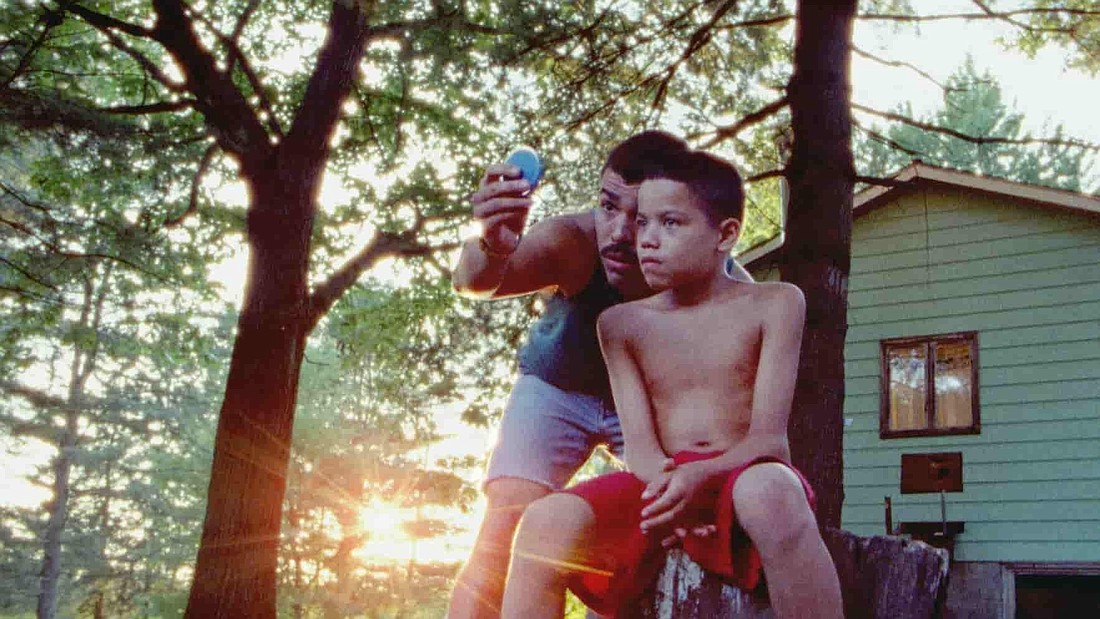- April 25, 2024
-
-
Loading

Loading

When “Moonlight” hit movie theaters in 2016, it shed a light on a nearly invisible community in the film industry.
Minorities, let alone those in the LGBTQ community, rarely get the spotlight.
In “We the Animals,” viewers are led on a journey similar to the one in “Moonlight.” Although there are quite a few differences between the two, they bare some resemblance that develops a similar protagonist in a different way — perhaps a gentler way.
The film, which is based on the autobiography by Jason Torres, follows three brothers from a mixed-race family struggling to make ends meet. Their parents, a white mother and a Puerto Rican father, met in high school and moved to upstate New York in search of better jobs. Their love (and anger) are toxic to their sons.
The three brothers, Manny, Joel and Jonah, are close in age and in heart, but as the film develops, so do their personalities. These changes are ever-so-subtle at first. A swear word here, a slap there, until it becomes obvious Jonah is nothing like his brothers.
We watch as each fight his parents have effects him in a way different than his brothers.
His brothers become violent, foul-mouthed and aggressive. Jonah does too at first, to be like his brothers and to fit in, but eventually, he breaks the mold. His gentle demeanor peaks through when he is the only one to comfort their mother following an abusive fight with their father.
Jonah, the youngest of the three, turns 10 in the film. The movie is shot mostly through his point of view, specifically, through the animations of the drawings he creates each night and the water motif that plays a dream-like role following a swimming incident.
But most scenes show the boys banding together. Their father leaves. Their mother stays in bed. The boys, starving, ransack their own house searching for food. When they find nothing else, they suck soy sauce from old packets.
Then, their dad comes back.
The family struggles to stay afloat in more than a financial way. The parents don’t stop fighting. The boys, personalities growing, learn that Jonah is different than them. They befriend a neighboring boy who lives with his grandfather, who one might say is responsible for Jonah’s sexual awakening.
While the plot is something most viewers have all watched unfold before, “We the Animals” stands out in its own way, but not without some faults.
At parts, the movie, which screened at the Sarasota Film Festival on April 16, seems drawn out and too dream-like. Levitations and flying become a motif that seems almost too far-stretched, but they represent Jonah’s desire to fly away. To live in a different world.
The parents, at times neglectful and at other times loving, become easy to dislike. But, Raúl Castillo, who plays Paps, and Sheila Vand, who plays Ma, portray their characters well. So do the kid actors. The baby-faced Evan Rosado portrays his character with enough innocence and wonder to leave you wondering how his character’s story ends.
The ending leaves us with questions, but it’s hard to imagine what resolution could have been given. Realistically, there probably isn’t a right or wrong way to end this kind of film. It’s an artistic decision, and it’s one that works here.